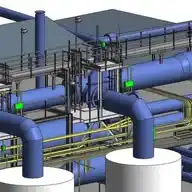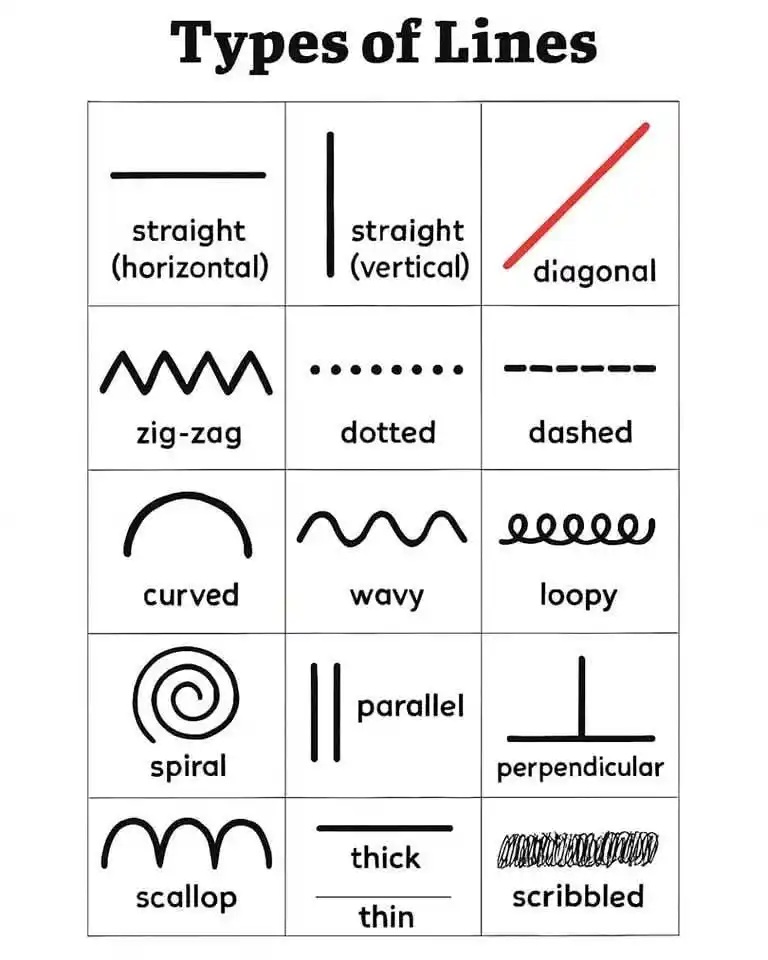
Piping Engineering World
June 17, 2025 at 06:09 PM
𝐖𝐞𝐥𝐝𝐢𝐧𝐠 𝐃𝐞𝐟𝐞𝐜𝐭𝐬: 𝐀 𝐐𝐮𝐢𝐜𝐤 𝐆𝐮𝐢𝐝𝐞 𝐟𝐨𝐫 𝐄𝐧𝐠𝐢𝐧𝐞𝐞𝐫𝐬 𝐚𝐧𝐝 𝐖𝐞𝐥𝐝𝐞𝐫𝐬 🔺
Welding is a critical process in fabrication, but it's not without its challenges. Understanding common welding defects is essential for ensuring strong, reliable joints and maintaining structural integrity. Here's a quick look at 8 frequent welding defects every welder and engineer should be aware of:
𝟏. 𝐂𝐫𝐚𝐜𝐤
Cracks are serious defects that weaken the weld and can propagate under stress, often caused by rapid cooling or high residual stresses.
𝟐. 𝐏𝐨𝐫𝐨𝐬𝐢𝐭𝐲
Porosity appears as gas pockets or voids within the weld, usually due to contamination or improper shielding gas during welding.
𝟑. 𝐔𝐧𝐝𝐞𝐫𝐜𝐮𝐭
Undercut occurs when the weld metal fails to fill the groove between the base metals, leaving a groove along the weld toe, reducing strength.
𝟒. 𝐂𝐨𝐥𝐥𝐚𝐩𝐬𝐞
Collapse is a structural failure where the weld loses its profile due to excessive heat input or poor joint design.
𝟓. 𝐒𝐩𝐚𝐭𝐭𝐞𝐫
Spatter consists of small metal droplets scattered around the weld area, often caused by high current or incorrect arc length.
𝟔. 𝐎𝐱𝐢𝐝𝐚𝐭𝐢𝐨𝐧 𝐁𝐥𝐚𝐜𝐤𝐞𝐧𝐢𝐧𝐠
This defect results from exposure to air during welding, leading to discoloration and a weakened weld zone due to oxidation.
𝟕. 𝐁𝐮𝐫𝐧𝐢𝐧𝐠-𝐓𝐡𝐫𝐨𝐮𝐠𝐡
Burn-through occurs when the base metal melts away, creating holes—often due to excessive heat or thin base material.
𝟖. 𝐏𝐨𝐫 𝐅𝐨𝐫𝐦𝐢𝐧𝐠
Poor forming refers to improper weld shape or bead formation, affecting both aesthetics and strength of the joint.
📌 Ensuring proper technique, parameters, and joint preparation is key to avoiding these defects and achieving high-quality welds.
Let’s keep building better, safer structures—one weld at a time
